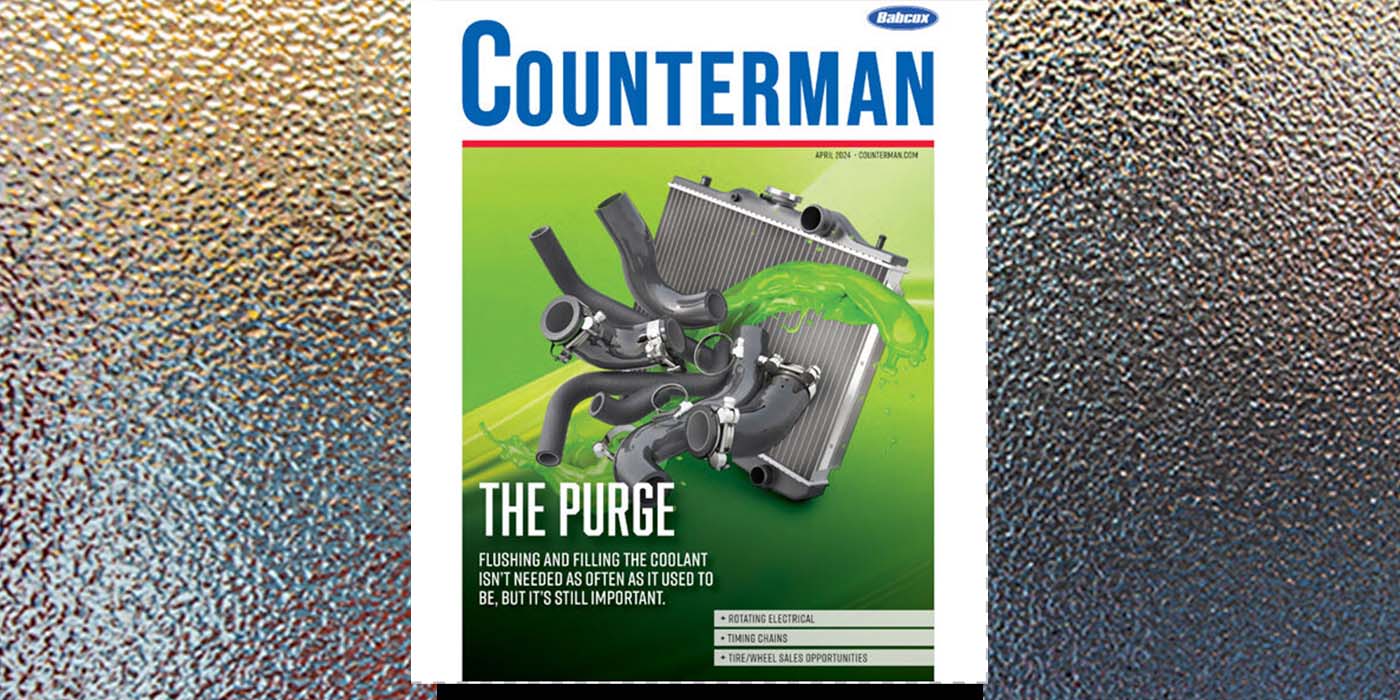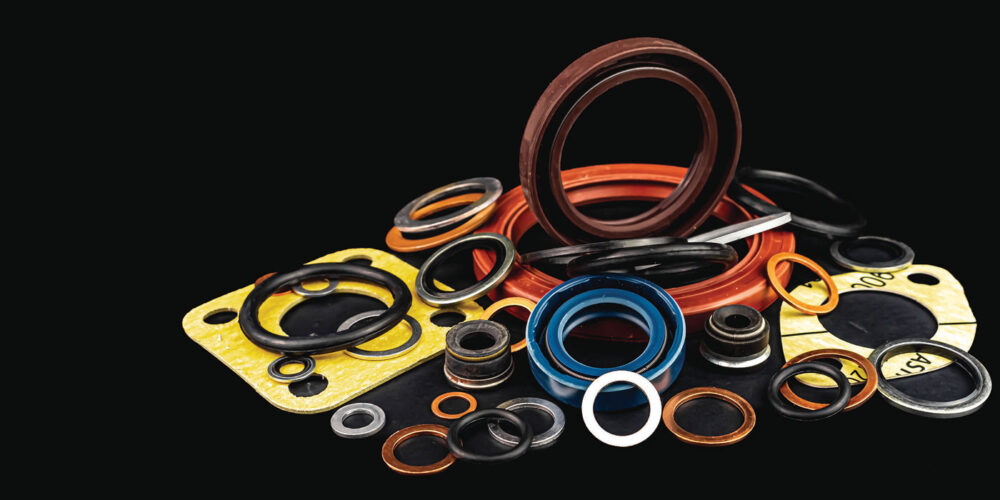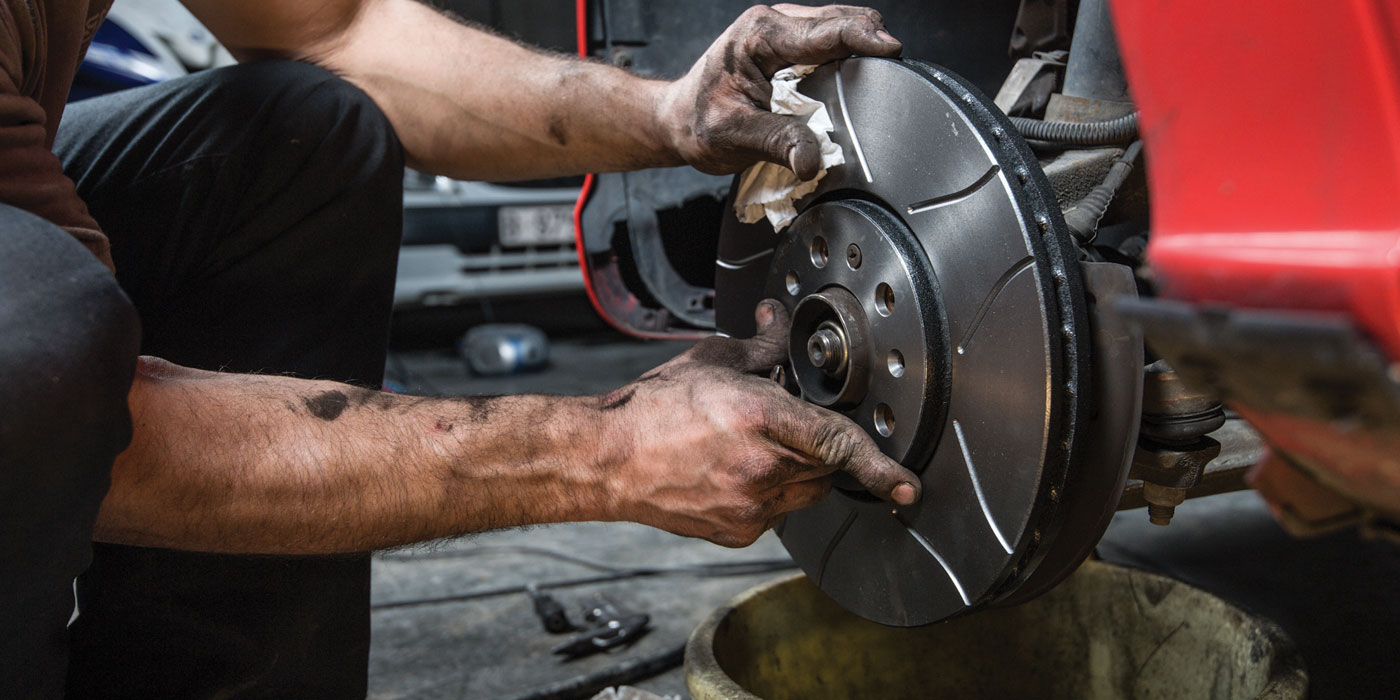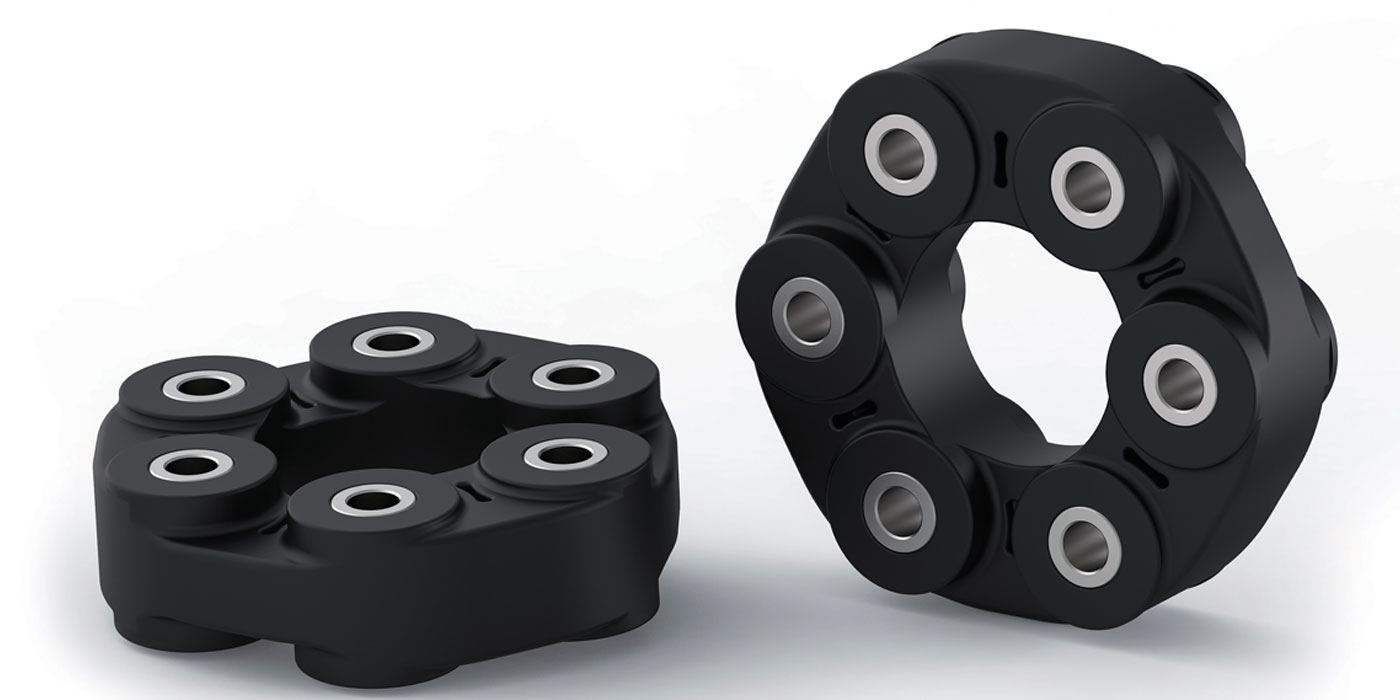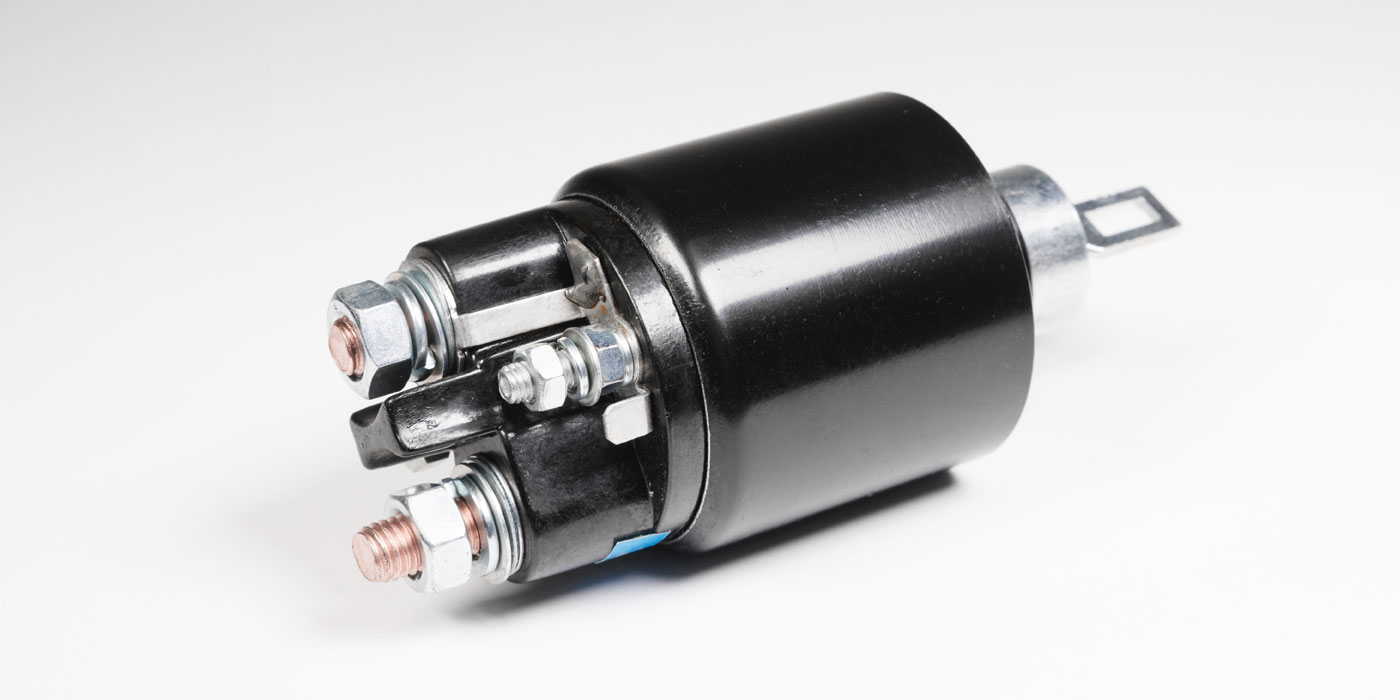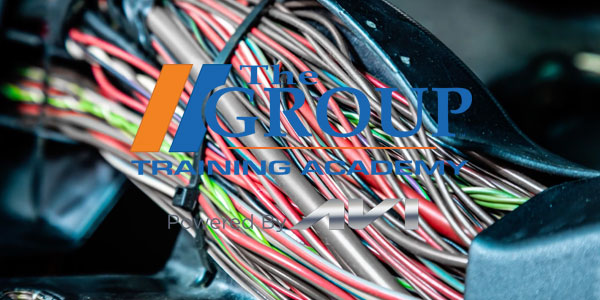A. The answer here depends on the application, what’s available to fit it and what your customer wants. There are standard spark plugs, long-life platinum and iridium spark plugs, and even “performance” plugs with special electrode configurations and other features designed to reduce misfires and increase fuel economy and performance.
The type of spark plug that works best in a given application depends in part on the design of the ignition system. On waste spark systems, each pair of cylinders shares a common ignition coil. Cylinders that are opposite one another in the engine’s firing order are paired so their spark plugs share the same coil. Only the plug that fires during its compression stroke produces power. Even so, both spark plugs experience roughly two times the electrode wear that spark plugs in other types of ignition systems undergo (because they fire every engine revolution rather than every other engine revolution). On these types of applications, spark plugs with dual precious metal electrode designs (platinum or iridium) are typically required. Standard spark plugs will be very short lived in these types of applications, and single platinum plugs won’t last as long as double platinum.
With Coil-On-Plug (COP) ignition systems, each spark plug has its own separate ignition coil mounted directly over the spark plug. The type of spark plugs used with this type of ignition system are not as important because the plugs fire with the same frequency as those on an engine with a conventional distributor. It’s the same with Coil-Near-Plug (CNP) ignition systems. Single platinum or iridium plugs (or even standard spark plugs) can be used. However, long-life platinum or iridium plugs will last the longest.
As for brand, most spark plug suppliers today offer a wide range of standard, platinum and iridium plugs for most makes and models of vehicles, not just the ones they supply as original equipment. Some spark plugs that are sold under different brand names are actually made by the same manufacturer.
The brand on the spark plug usually doesn’t matter in most instances if a plug is listed for a particular application. Brand A should perform just as well as Brand B in the same engine — assuming the plug manufacturer has done their homework and has validated the application and is not just cross-referencing plug applications to broaden their coverage.
In spite of this, many motorists and professional technicians are brand-loyal and prefer to use the exact same brand and type of replacement spark plug that came as original equipment in the vehicle. But in some cases, a change may be recommended if they are looking for longer plug life (switching from a standard spark plug to a platinum or iridium long-life plug) or they want a performance plug.
Q. Are some spark plugs easier to replace than others?
A. Some spark plugs have a tendency to stick and/or corrode, which increases the risk of the plugs damaging the threads in an aluminum cylinder head when the plugs are removed. Spark plugs that have a nickel coating on the plug shell are less apt to stick when the time comes to remove them. Spark plugs with plain steel shells or that have a black oxide coating are more prone to corrode and stick.


